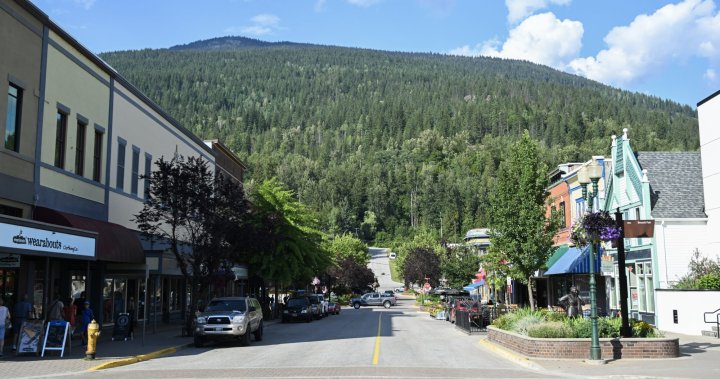This article is the fifth installment of the “New Roots” series, which examines the impact of evolving migration patterns and affordability challenges on communities in Canada since the COVID-19 pandemic. In this installment, Michelle Schiewe, a 48-year-old day trader and single mother, is preparing to leave her beloved community of Revelstoke, British Columbia. Revelstoke, with a population of 8,200, has been a popular destination for outdoor enthusiasts, especially since the opening of a nearby ski resort in 2007. When Schiewe and her family moved to Revelstoke from Edmonton in 2011, life was easy and adventurous. However, as short-term vacation rentals began to dominate the housing market, finding an affordable place to live became increasingly difficult. Schiewe’s story reflects a larger trend in tourist towns across Canada, where rising costs of living are affecting the appeal of these communities.
The surge in interprovincial migration and the rise of remote work due to the pandemic have contributed to the growth of resort destinations in British Columbia and Alberta. People are seeking serene backdrops for their home offices or relocating from major cities to find more affordable housing. As a result, real estate markets in these areas have become extremely competitive, with limited inventory and skyrocketing prices. A recent report from Royal LePage revealed that the average price of a single-family home in the national recreational property market increased by 11.7% year-over-year, reaching $619,900 in 2022. The inventory shortage is a significant issue, with more than half of real estate representatives reporting lower inventory compared to the previous year. In British Columbia, the average price of a single-family home rose nearly 13% to $1,071,300, while in Alberta, there was a 13.3% increase to $1,165,500.
Communities near Banff, a popular Rocky Mountain tourism and skiing destination, are experiencing a similar housing crunch. Banff’s unique situation, where home ownership is restricted to area residents, intensifies the challenge of finding suitable housing. Mayor Corrie DiManno acknowledges the difficulties that residents face in finding housing and emphasizes the council’s commitment to finding solutions. The town has made efforts to increase available housing units, such as the 133-unit Ti’nu development that opened in 2018 with affordable rent thresholds. However, the demand for housing still outweighs the supply, and the council estimates that 700 to 1,000 new units are needed.
The issue of affordable housing is not limited to Banff. Municipal housing needs reports in British Columbia revealed a shortage of affordable housing in sought-after resort destinations like Whistler. Market rental prices have risen to the point where the majority of residents cannot afford them. The demand for rent-restricted housing has grown, and efforts are underway to expand the supply to combat rising market rates. Many residents in resort communities rely on employee housing provided by employers to ensure below-market rent rates. However, maintaining this housing has become challenging for employers as their costs continue to rise.
In Revelstoke, the ski resort is actively working to increase employee housing availability. Construction of three 160-unit buildings is currently underway, and the resort has acquired two low-cost hostels to provide additional housing for its staff. These initiatives aim to alleviate some of the pressure on the long-term rental market and provide affordable accommodations for employees.
Overall, the future of affordable housing in resort towns remains a top priority for local governments. Efforts are being made to balance the demand for housing with the need for sustainable and affordable options.
Denial of responsibility! VigourTimes is an automatic aggregator of Global media. In each content, the hyperlink to the primary source is specified. All trademarks belong to their rightful owners, and all materials to their authors. For any complaint, please reach us at – [email protected]. We will take necessary action within 24 hours.


